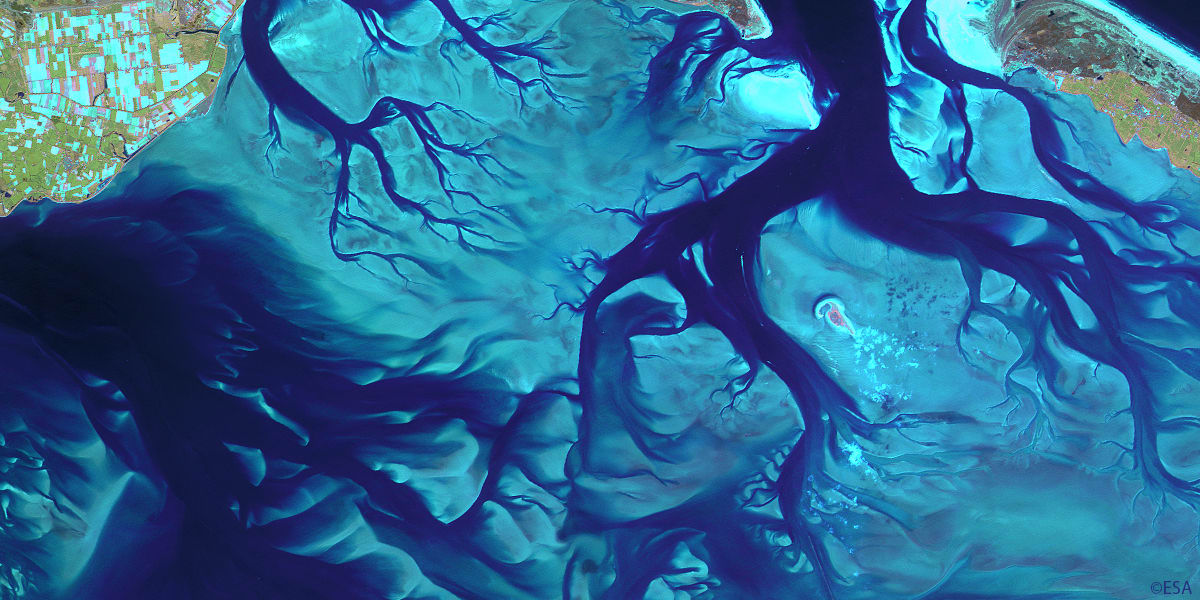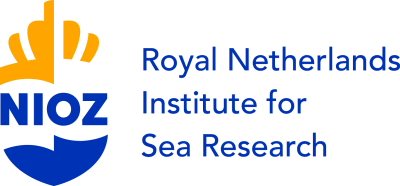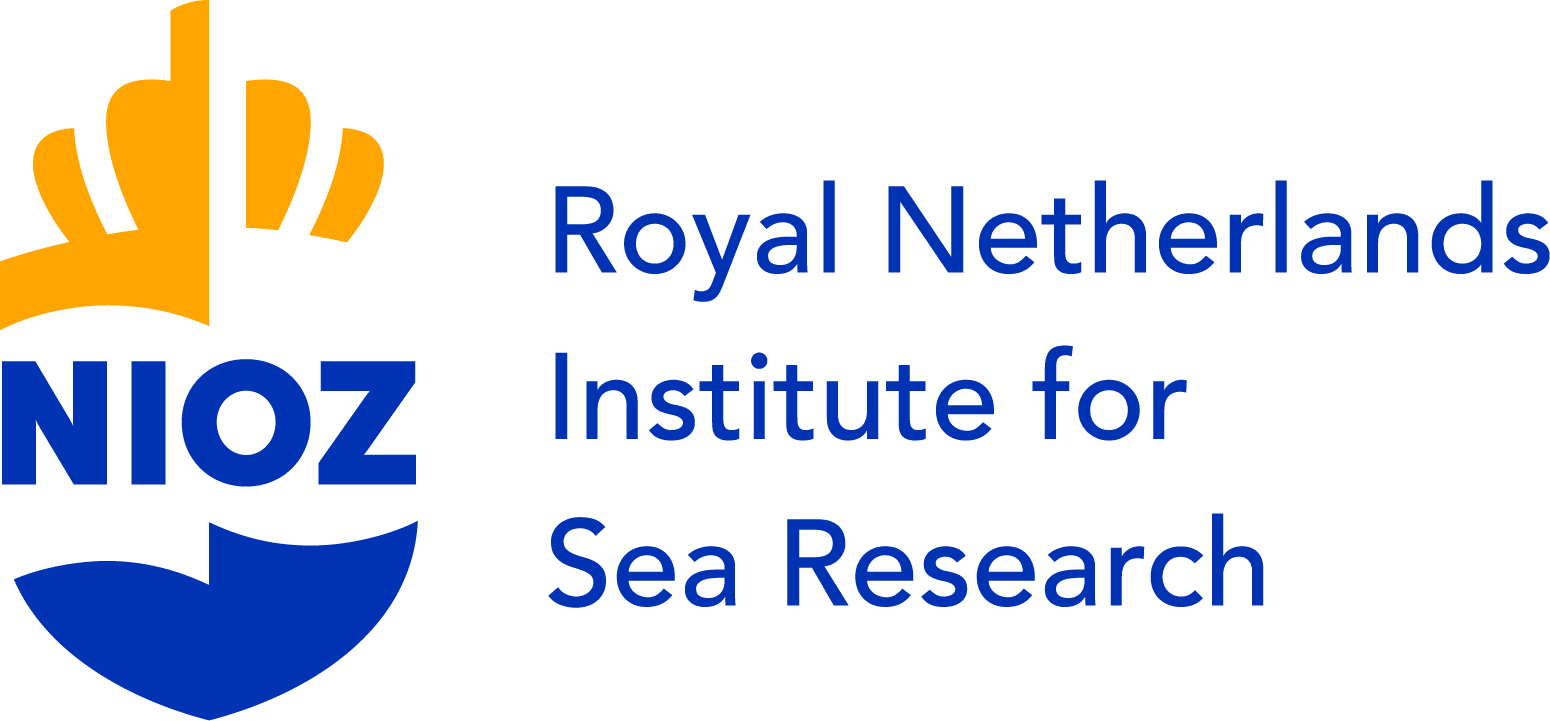
PhD-position: “Marine phytoplankton – virus interactions and traits”
- On-site
- 't Horntje, Texel, Noord-Holland, Netherlands
- Marine Microbiology & Biogeochemistry (MMB)
Job description
The Department of Marine Microbiology and Biogeochemistry (MMB; principal investigator and PHYVIR project coordinator Prof. Dr. Corina Brussaard) of NIOZ is looking for a highly motivated PhD candidate to join our research on marine virus ecology. You will be part of the larger research consortium project PHYVIR, aimed to elucidate marine phytoplankton–virus interactions from local to global scales.
THE INSTITUTE
NWO-NIOZ Royal Netherlands Institute for Sea Research is the Dutch national oceanographic institute and principally performs academically excellent multidisciplinary, fundamental, and frontier applied marine research [SW1] addressing important scientific and societal questions pertinent to the functioning of the ocean and seas. NIOZ includes the National Marine research Facilities (NMF) department that operates a fleet of research vessels and the national pool of large seagoing equipment, and supports excellence in multidisciplinary marine research, education, and policy development.
The research of the Department of Marine Microbiology and Biogeochemistry (MMB) has a long history of studying all domains of microbial life (viral, prokaryotic and eukaryotic), their interactions, and their role in biogeochemical cycling in a variety of marine environments, varying from coastal environments to the deep ocean and sediments. The department is equipped with state-of-the-art laboratories, bioinformatics resources and analytical equipment, and has an excellent level of technical support.
THE PROJECT
General background PHYVIR. Despite their minute size, marine phytoplankton are vital for marine ecosystem productivity and play a key role in global carbon and nutrient cycling. However, like all life on Earth, phytoplankton are susceptible to viral infections. Viral-induced mortality (viral lysis) of phytoplankton cells redirects the flow of energy and elements with expected far-reaching consequences for ocean ecosystem structure and functioning. Still, phytoplankton viral lysis rates are poorly constrained, to what extent viral infections affect phytoplankton host stoichiometry and functional traits as well as how this is influenced by (global climate change-induced) environmental stressors is understudied, and a comprehensive understanding of the geographical distribution of virus and phytoplankton host traits is lacking. Moreover, virus-host dynamics in global ecosystem and biogeochemical models are generally poorly addressed. Only by integration of complementary expertise, ranging from viral ecology, phytoplankton ecophysiology, molecular biology, and biological oceanography, to large scale bioinformatic data analysis and mathematical modelling, can we effectively bridge the knowledge gaps that limit our current understanding and predictive power of how viral infections impact phytoplankton communities and associated biogeochemical fluxes.
The PHYVIR project aims to elucidate marine phytoplankton-virus interactions from local to global scales. It focuses on five interlinked objectives, related to the above-mentioned knowledge gaps. The research spans from genetic analysis and controlled experiments to oceanic expeditions and global ecosystem models. The project consists of 5 PhD and 2 Postdoc positions and is led by Prof. Corina Brussaard (NIOZ, coordinator), Prof. Jef Huisman (University of Amsterdam), Prof. Dedmer vd Waal (NIOO), Dr. Susanne Wilken (University of Amsterdam) and Dr. Thomas Hackl (University Groningen).
The current vacancy regards the PhD position with NIOZ, aimed to start preferably summer 2025.
PhD-1 subproject. As PhD candidate for PHYVIR’s subproject-1 you will contribute to improving our understanding of the interplay between viruses and their phytoplankton hosts, and resolving the biological variation in virus-host interactions for the main phytoplankton functional groups and their viruses. A crucial step forward involves identifying the functional traits of viruses and their infected hosts, and characterizing the effect of nutrient availability and temperature shifts on host and virus trait distribution. You will perform diverse host-virus infection experiments to resolve the detailed trait characterization of viruses and infected hosts, elemental stoichiometry and gene expression patterns for the major phytoplankton groups. There will be close collaboration with the other PhDs and PD-1 on phytoplankton functional traits, competition and omics, and to discuss and provide input for the project’s mechanistic model. You are expected to actively exchange ideas and results within the larger PHYVIR team, join the project’s two scientific cruises, supervise MSc students who wish to do an internship on marine phytoplankton virus ecology, and contribute to some of the project’s outreach activities.
Under the guidance of your supervisors, you will develop a PhD thesis plan, prepare and perform the research, analyze the samples and data, present your results at meetings and scientific conferences, and publish your results in international scientific journals. You aim to complete your PhD thesis within the official appointment duration of four years.
Further training and courses during the PhD trajectory will be offered by NIOZ, and via the UvA by the Graduate School for Production Ecology & Resource Conservation (PE&RC).
Job requirements
THE CANDIDATE
We are looking for an enthusiastic and motivated candidate, with a keen interest in marine viral ecology and phytoplankton host-virus interactions. You enjoy experimental research, are well-organized, have a collaborative personality but are also able to work independently.
What do we require?
A MSc degree in marine microbiology / ecology, or closely related discipline
Willingness to participate in scientific cruises
Strong communication and writing skills in English
Affinity and preferably experience with experimental research, culturing of marine microorganisms, flow cytometry, qPCR and omics-based analyses, basic virology, phytoplankton ecophysiology, and field research in marine ecosystems.
A demonstrated ability to work with programming software such us R, Python or MATLAB
We do not expect that candidates master all techniques or programming software from the start, but consider previous experience as an advantage.
We want to be a transparent institute with a healthy working climate and an inclusive culture, where people from diverse backgrounds and gender bring their talents and further develop these talents. We aim for inclusive decision-making processes and expect our leadership to show visible commitment, awareness of bias, and cultural intelligence.
CONDITIONS
Employment of this full-time position at Royal NIOZ is by NWO-I, for a total duration of 4 years. You start with an appointment for the duration of 1 year, that, after a positive evaluation in the 9th month (Go-No go), will be extended to the full period of 4 years.
Salary compliant with scales for PhD candidate (OIOs) CAO-WVOI (Collective Labour Agreement for Dutch Research Institutes).
An appointment at NIOZ as a PhD candidate means working and learning simultaneously conform the NIOZ PhD policy.
338 annualized holiday hours for a full-time 40-hour work week.
Pension scheme via ABP, 8% holiday allowance and a year-end bonus of 8.33%.
2nd class public transportation travel is reimbursed 100%.
Employment benefits plan to exchange a portion of your salary for days off or vice versa, or can be used to purchase a bicycle with tax benefits.
We offer relocation expenses for employees coming from abroad and support with finding accommodation.
MORE INFORMATION
Deadline for submission: 15 May, midnight CET
Please note, we plan to have short online interviews on 23 May (afternoon CET) and in-person interviews at NIOZ on 4 June.
For additional information about this vacancy, please contact Prof Dr. Corina Brussaard. For additional information about the procedure, please send an e-mail to working@nioz.nl
or
All done!
Your application has been successfully submitted!

